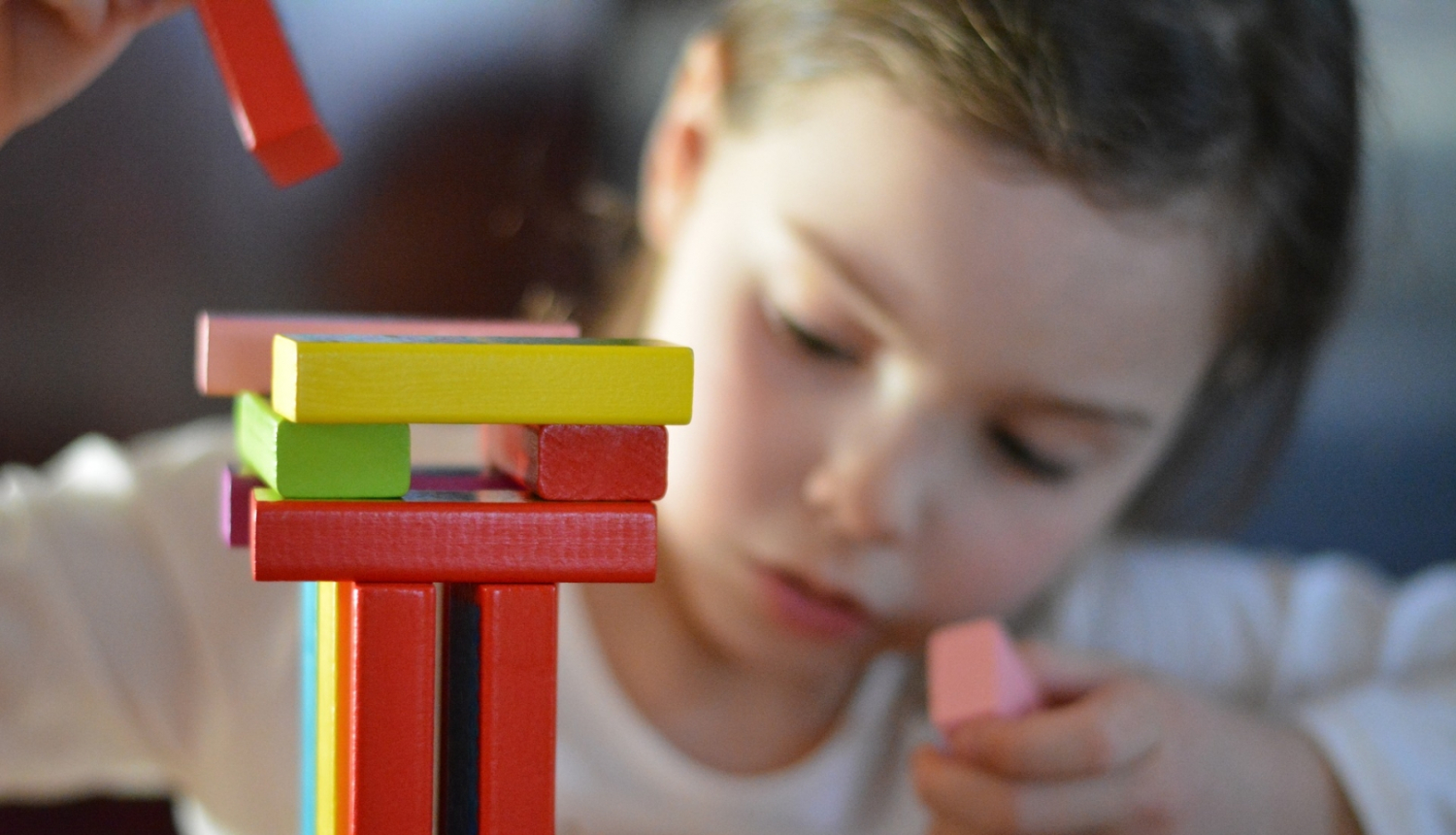On Thursday, April 8, the Cabinet of Ministers (CM) instructed the Ministry of the Interior (MoI) in cooperation with several other ministries and the Union of Local Governments of Latvia to develop a plan for the prevention of child crime and protection of children against criminal offenses 2022-2024 by 31 December 2021. It also provides for measures to protect minors from criminal offenses against morality and sexual integrity.
The decision of the Cabinet of Ministers was adopted on the basis of the informative report “On the Implementation of the Guidelines for the Prevention of Child Crime and the Protection of Children against Criminal Offenses for 2013–2019” prepared by the Ministry of the Interior (MoI).
Minister of the Interior Sandis Ģirģens points out: “Measures to prevent juvenile delinquency and protect children from crime should not be seen in isolation from the welfare, health and education policies of children, young people and families in general. Because whether a child commits a crime or becomes a victim of a crime is affected by a number of factors: family situation, peers, social welfare, education and upbringing. Of course, this is not always the case for children living in disadvantaged conditions. Often the problem of juvenile delinquency also exists in families where everything is in order with material condition.
All parties involved need to have a common understanding of risk and protective factors in order to be able to protect children and to continue working on an evidence-based system for the prevention of juvenile delinquency. Funding should also be directed to the development of the service basket and the rights protection block. "
The implementation of the tasks and measures included in the guidelines can be welcomed, but the problems of horizontal co-operation and the lack of state budget funding are emerging. Institutional co-operation also needs to develop a common architecture and understanding of what each institution is doing and what officials are involved. Thinking about a unified, coordinated and meaningful state policy in the field of protection of children's rights, it would be advisable to agree on a leading institution in coordinating the protection of children's rights.
According to the report, the number of juvenile delinquency has decreased since 2012, as has the overall decline in juvenile delinquency. At the same time, the rates of administrative offenses recorded for minors, as well as repeated offenses, in the prevention records, remain quite high, which poses various security as well as crime risks. The dynamics of the number of arrested and convicted minors is also not decreasing and is quite stable.
The implementation of the tasks and measures included in the guidelines can be welcomed, but the problems of horizontal co-operation and the lack of state budget funding are emerging. Institutional co-operation also needs to develop a common architecture and understanding of what each institution is doing and what officials are involved. Thinking about a unified, coordinated and meaningful state policy in the field of protection of children's rights, it would be advisable to agree on a leading institution in coordinating the protection of children's rights.
According to the report, the number of juvenile delinquency has decreased since 2012, as has the overall decline in juvenile delinquency. At the same time, the rates of administrative offenses recorded for minors, as well as repeated offenses, in the prevention records, remain quite high, which poses various security as well as crime risks. The dynamics of the number of arrested and convicted minors is also not decreasing and is quite stable.
The current situation shows that there are still a number of unresolved issues in the field of juvenile delinquency prevention, such as the lack of understanding among professionals of the forms of inter-institutional cooperation; preventive work with juveniles in the criminal risk group and those who have committed an offense is insufficient; there is not enough work with the families and parents of these children either.
At present, crime prevention policy and strategic communication are more focused on working with children who have already come to the attention of law enforcement agencies, both as offenders and as victims. Existing policies can be seen as reactive rather than proactive. Crime prevention issues are not considered and addressed in the context of the social and emotional needs of families.
In view of the above, the challenges identified in the guidelines are still relevant and tasks need to be planned at a later stage to address risks and causes, promote horizontal inter-institutional cooperation, improve prevention and re-socialization measures and raise public awareness.
Work must continue on improving the juvenile delinquency prevention system; work should continue on the development of the NPAIS (Juvenile Support Information System); continue to educate children, their legal representatives and the public on issues related to Internet safety; Evidence-based, effective and innovative solutions are needed to limit the spread of addictive substances and processes
Consequently, the plan developed by the Ministry of the Interior in cooperation with other involved parties will simultaneously correspond to and supplement the new child welfare policy planning document being developed by the Ministry of Welfare - Guidelines for Children, Youth and Families 2021-2027. year.
Prepared:
Ministry of the Interior Communication departments
Public relations specialist Gunita Kogane
67219161



